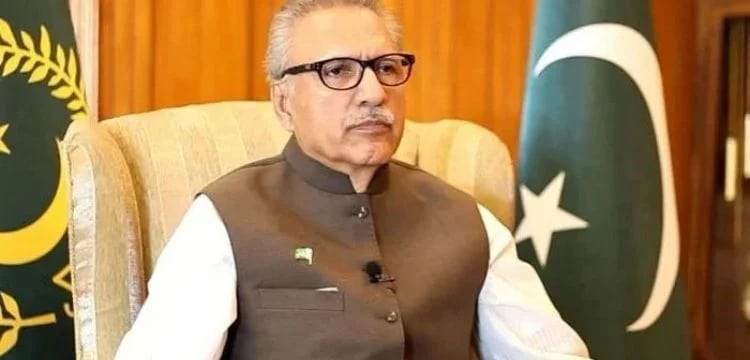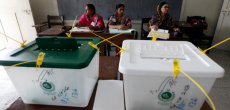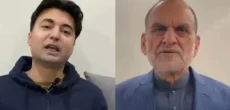[vc_row][vc_column][vc_column_text dp_text_size=”size-4″]On Monday, President Dr. Arif Alvi declined to sign a summary requesting the convening of a National Assembly session, emphasizing the need to address issues related to reserved seats first. The parliamentary affairs division had sent the summary for the lower house of parliament’s session four days ago, but an official response from the President’s office had not been received.
There is a constitutional obligation for the President to summon the National Assembly session within 21 days of the election. If this is not executed, Speaker Raja Parvez Ashraf holds the authority to bypass the President through the National Assembly Secretariat and call the session.
Read more: President Alvi Delays NA Session, Demanding ECP Allocate Seats
President Alvi’s refusal of the summary underscores his stance that addressing matters concerning the reserved seats in the National Assembly should take precedence before the session is called. This decision comes amid reports that the National Assembly Speaker has opted to summon the session on February 29 under Section 2 of Article 91 of the Constitution.
The impending session is crucial as it marks the swearing-in of the newly-elected members of the National Assembly, setting the stage for the formation of the new government at the Centre. However, the Election Commission of Pakistan (ECP) is yet to release details regarding the allocation of reserved seats to political parties.
The Pakistan Tehreek-e-Insaf (PTI)-backed candidates have aligned with the Sunni Ittehad Council (SIC) to secure reserved seats. The party has submitted a petition to the ECP seeking its allotment of reserved seats, and the electoral watchdog is currently deliberating on the matter.
The developments indicate a complex situation, with constitutional obligations, political alignments, and pending decisions from the ECP adding layers of complexity to the proceedings. The refusal of the President to sign the summary introduces further uncertainty into the timeline of convening the National Assembly session, creating a scenario where the Speaker might play a pivotal role in initiating the parliamentary proceedings.[/vc_column_text][/vc_column][/vc_row]











